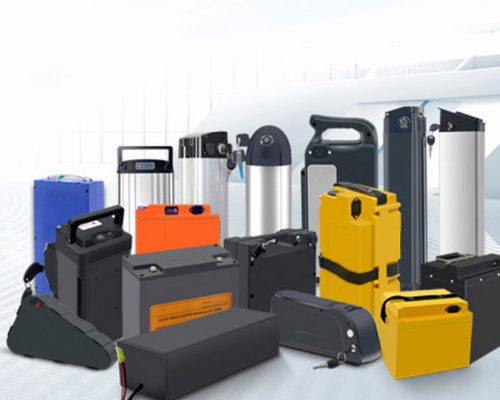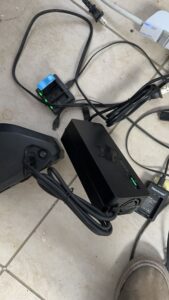
How to charge bike battery
How to charge your bike battery correctly and efficiently? Here you can learn how to charge your bike safely. Charging a bike battery, especially an electric bike, is a simple process.
Before choosing the right ebike battery, we first understand the types of two-wheeled electric bicycle batteries now

There are five types of e-bike batteries available, each with its own advantages and disadvantages. (See below for details.) The most common type of e-bike battery is the lithium-ion battery, which has a very high energy density and is relatively safe. However, other types of batteries, such as lead-acid, NiCd, NiMH and lithium polymer batteries, are still used in some e-bikes and may be better suited for certain applications. But based on our SLN battery factory providing batteries to ebike for many years, we believe that lithium-ion batteries are the best choice for ebike, with small size, long range, better safety, and a very large selection of branded cells to offer. Like our factory provides Samsung, LG, Panasonic, Sony, BAK and other well-known 18650 lithium-ion cells.
Lead-acid batteries are the oldest type of rechargeable battery and are still used in many eBikes today. They are relatively inexpensive and have a long life span, but they are heavy and have a low energy density, which means that they require frequent recharging. They also contain toxic chemicals, making them difficult to dispose of properly.
Nickel-cadmium (NiCad) batteries are also an older type of rechargeable battery that are still used in some eBikes. They have a higher energy density than lead-acid batteries and are lighter, but they are more expensive and have a shorter life span. They also contain toxic chemicals and must be disposed of properly.
Nickel-metal hydride (NiMH) batteries are a newer type of rechargeable battery that are commonly used in eBikes. They have a higher energy density than NiCad batteries and are lighter, but they are still relatively expensive. They also have a longer life span than NiCad batteries and are less toxic.
Lithium-ion (Li-ion) batteries are the most common type of battery used in eBikes today. They have a very high energy density and are lightweight, making them ideal for use in electric vehicles. They also have a long life span and are relatively safe, although they must be handled with care to avoid overheating or explosion. They are more expensive than other types of batteries, but the cost has been decreasing rapidly in recent years.
Lithium-polymer (Li-poly) batteries are a type of lithium-ion battery that use a polymer electrolyte instead of a liquid electrolyte. They have a higher energy density than traditional lithium-ion batteries and are lighter, but they are also more expensive. They also have a shorter life span than traditional lithium-ion batteries.

How to charge your bike battery correctly and efficiently? Here you can learn how to charge your bike safely. Charging a bike battery, especially an electric bike, is a simple process.

The duration of an e-bike battery on a single charge can vary widely depending on several factors, including:
Battery Capacity: The capacity of the e-bike battery is typically measured in watt-hours (Wh) or…..

If your e-bike battery is not charging, there could be several reasons for this issue. Here are some troubleshooting steps you can follow to identify and potentially resolve the problem

Distinguish between different styles of electric bike battery replacement, allowing you to understand what batteries can be replaced with old ones and how to determine the style that needs to be replaced.
Don’t hesitate to inquiry today – all batteries are on special until 26 October 2023. Hopefully I will hear from you :)